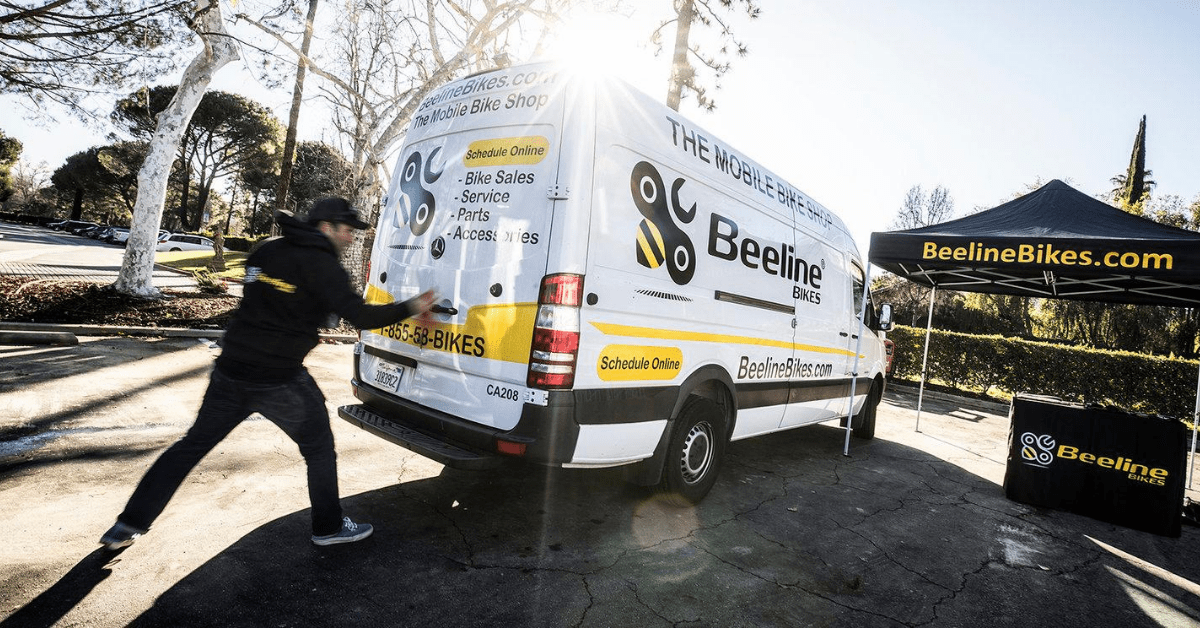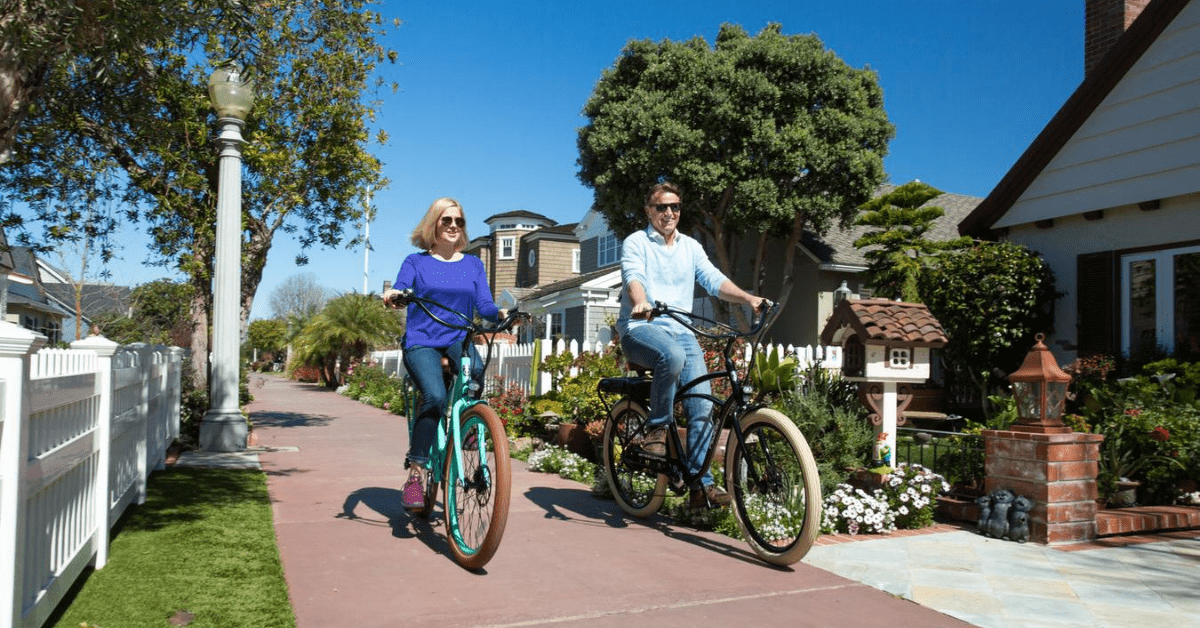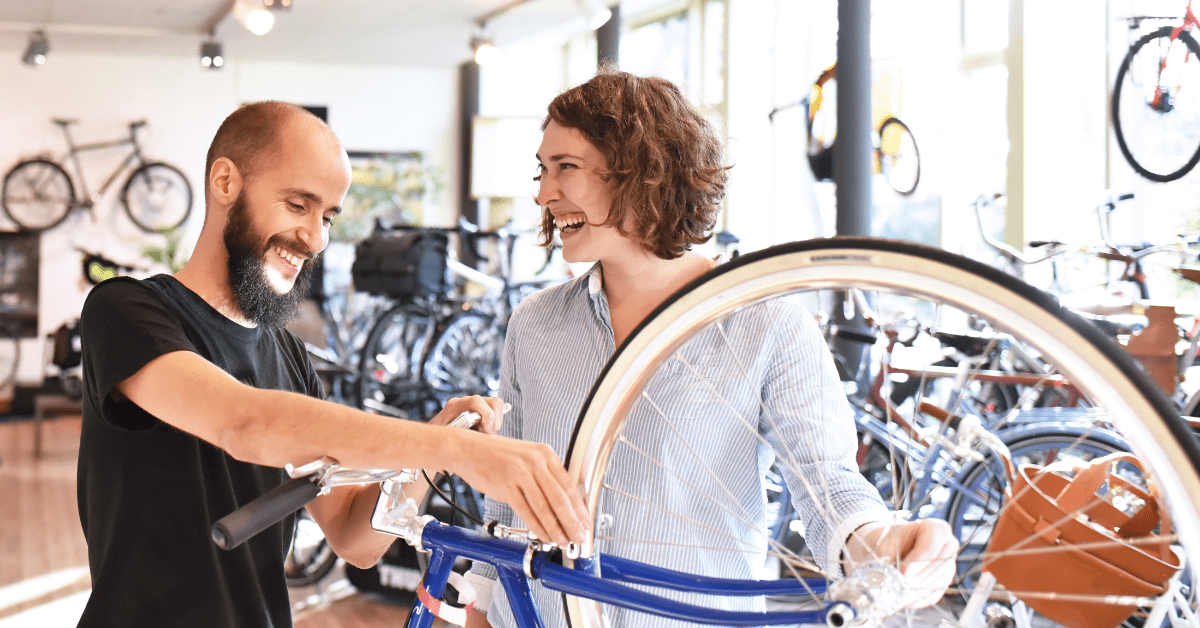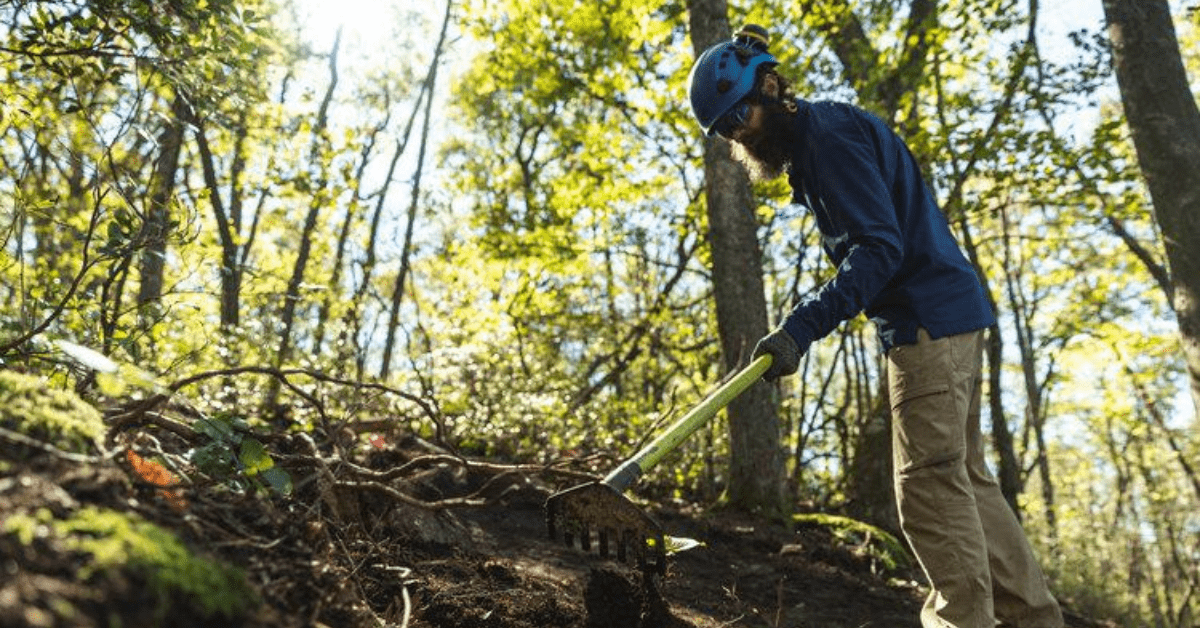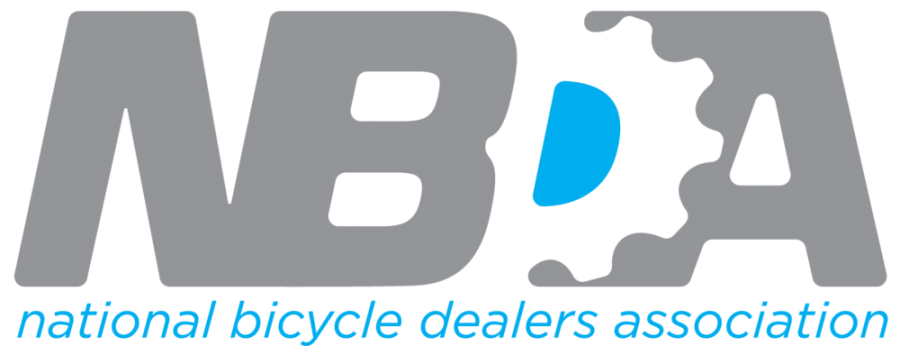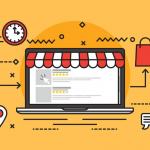Ask a Dealer: More About Mobile Repair
Noel Kegel and Brian Mikiten dig into the hows and whys of their mobile repair ops
Words and Qs by Peter Koch
In case you missed it, mobile repair is officially a thing. There are well over 300 mobile repair vans across the US, and they’re doing more than just fixing bikes—they’re also assembling and fulfilling online orders, doing direct sales of bicycles and accessories, and contracting sales and repairs with major corporations. To get deeper insight, we reached out to a couple of brick-and-mortar dealers who’ve already taken the leap. Noel Kegel (NK) is co-owner of Wisconsin and Chicago’s Wheel & Sprocket, which recently purchased the rights to 11 Beeline Bikes territories, and just launched its first mobile shop in the Chicago area in early March. Brian Mikiten (BM) is the owner of San Antonio’s Crossroad Bikes, which signed on with Beeline in January of 2017 for its San Antonio and Austin markets, making it the first brick-and-mortar shop to partner with a mobile franchise to provide this service.
What prompted you to add mobile repair to your brick-and-mortar retail model?
NK: The decision to pursue a mobile van was a result of a convergence of factors, but the overall theme is that we are hoping to grow our business in a new market—Chicago. A mobile shop is less risky than opening a brick-and-mortar shop, it’s easier to enter a new market, and it opens a channel to talk with customers we might otherwise not have the opportunity to talk to. Also, in a high-density, urban environment like Chicago, there is significant friction in physically bringing a bike in for service such as road congestion, parking, etc. In an era of increasingly convenience-oriented service (Uber, food delivery, online shopping, etc), consumers are choosing the convenience of not having to visit physical storefronts. The mobile bike shop allows us to offer a similar convenience. Plus, we think the mobile shop allows us to extend what we already do. We aim to be great bicycle retailers, period. Wherever people want to engage with cycling, we should be there. My vision is that the experience would be seamless, however customers interact with us: in the store, online, at their home (mobile).
BM: We knew that the new bike channel was being crowded with online retailers and manufacturing delivering to our area, making service one of the few areas where we could compete. We also recognized that working with a strong company like Beeline, which already had alliances with Accell Sports, would provide some secondary opportunities, delivering bikes for their Click-To-Brick program as well as the Amazon distribution models.
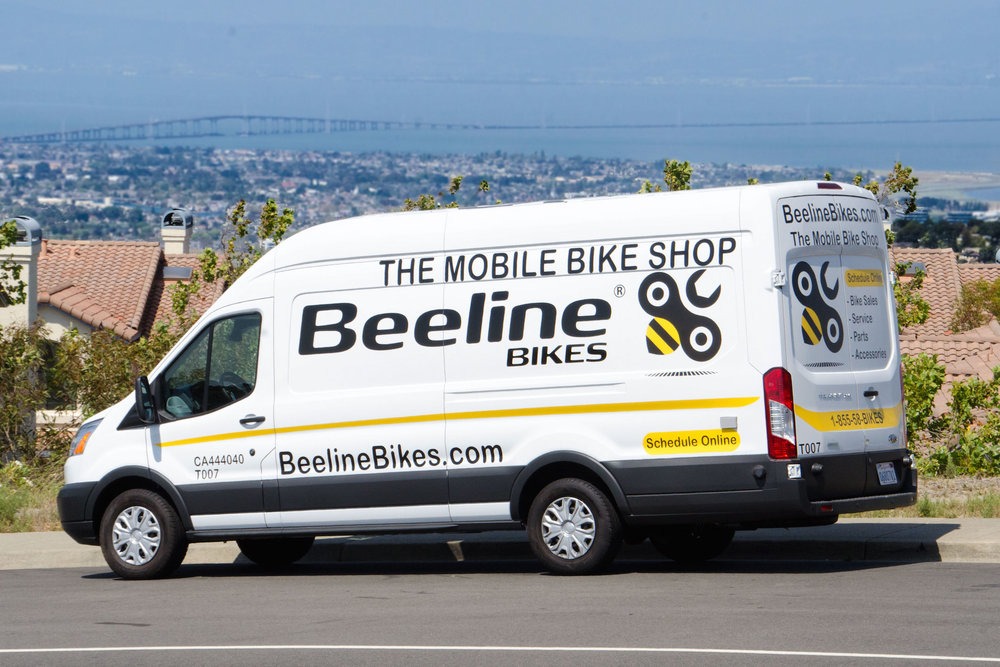 What made you cast your lot with Beeline, rather than starting from scratch?
What made you cast your lot with Beeline, rather than starting from scratch?
NK: We probably could’ve launched the service ourselves, but Beeline offered several advantages, including speed to market, connection to brands and marketplaces, and, well, they are good people. They have the system, the technology, and the relationships to essentially ‘plug-and-play’ a mobile operation. Velofix also offers brand and marketplace connections, but our business relies on a certain economy of scale, and I believe the brands Beeline has partnered with will push more units. The relationships with Amazon, Backcountry, and Competitive Cyclist would be harder for us to replicate on our own. I believe the fulfillment element of the program to be compelling. We’ve enjoyed working with the ownership and staff at Beeline, and I genuinely believe they are interested in a long-term, mutually beneficial relationship.
BM: Anyone who considers starting their own repair service isn’t taking into account the benefits that a partnership with a company like Beeline offers. Not only do you get the benefit of managed logistics and online scheduling, but you also gain customers from online sales. We were shocked at the number of new customers—many of whom live in close proximity to other local shops but hadn’t considered purchasing from a bike shop, and instead took advice from online sources—this relationship brought to our brick-and-mortar operation. You’re buying more than a van and tools; you’re buying a business.
How successful has it been so far, in terms of financials and achieving any other goals you’ve set?
NK: We haven’t begun to operate the vehicle, because of staffing challenges, though we do expect to begin operation before March 1. Performance and success is yet to be determined.
BM: We’ve surpassed our goals, but keep in mind that we went into it with a very realistic business plan. I view this as a future opportunity that has to be developed locally as the concept of mobile repair and delivery takes hold. It takes work in marketing and, just like any other business, you have to concentrate on the plan and work it.
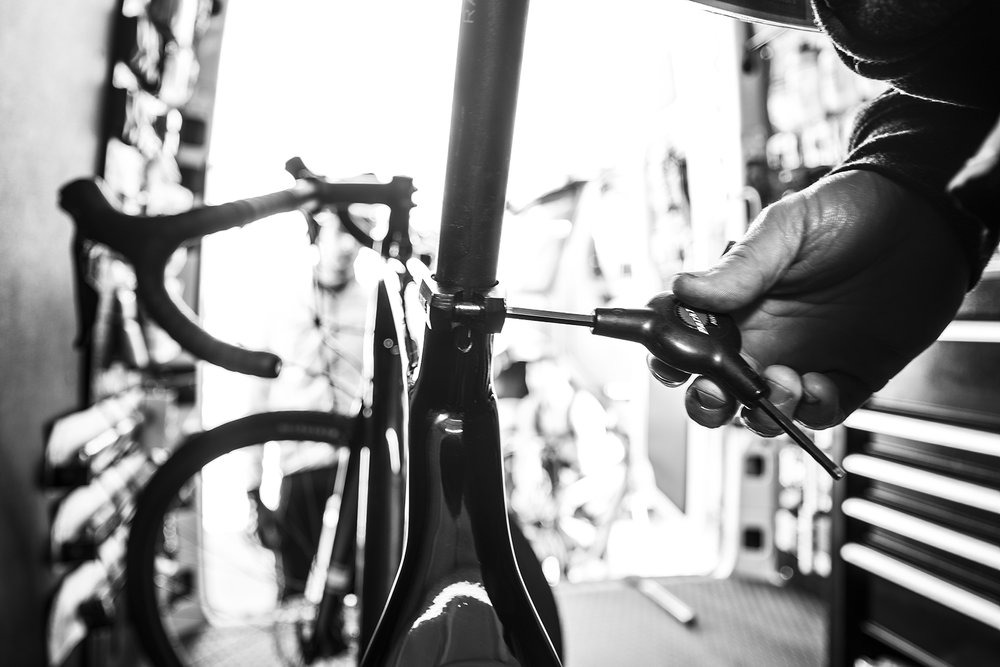 How did you choose which markets to target?
How did you choose which markets to target?
NK: I believe this model works best in densely-populated areas, where driving distance is minimized and consumers more highly value the convenience of not dealing with congestion/parking woes. In the markets where we operate, Chicago is by far the biggest, most dense city, and we’re looking to increase our visibility and market share there. The mobile shop helps us do that.
BM: We are San Antonio-based, but also purchased the Austin franchise. As a result, we service the entire I-35 corridor, which includes several other mid-size cities. We know these areas well, and believe we understand the riders and their needs.
What have been the challenges of incorporating it into your business?
NK: So far, the biggest issue has been integrating Lightspeed POS into our existing operations, which run on the Ascend POS. It means we’re doing a lot of duplicate work in each system, and erasing many of the efficiencies we’ve built over the years. Resolving this will be critical to growing the business, and I’m confident we’ll get there. Otherwise, we don’t seem to have any internal cultural hangups. Staff seem to get the idea and see it as an additional service to be able to offer the market. Even in-store, our ability to offer the service at a customer’s home or work is seen as a way we can set ourselves apart.
BM: We haven’t had too many issues incorporating the Beeline vans. We have professional, certified mechanics who work on providing the very best customer service in the store and bring that same excitement to the vans. It is all about meeting—and then exceeding—the customer’s expectations.
Do you have any hard-won advice you’d offer to a dealer considering adding mobile repair?
NK: It’s still early to offer advice, but it takes a certain risk tolerance and leap of faith, as this is a very new, unproven business model. Wheel & Sprocket runs a legacy business in a mature market. We’ve done a lot of creative things over the years to grow and be relevant, and I’m proud of that. But we can’t rely on those same strategies and tactics to take us into the future, and extending what we do onto a mobile platform is one way we can innovate.
BM: Our advice is simple: Plan to promote the service just like you would any other offering. Be ready to work on corporate connections that were never previously on your radar, update your Facebook and social media accounts regularly, and stay in contact with your customers. This is more than simply buying a van; it’s an investment that has to be carefully cultured.
Ask a Dealer is an updated twist on the old Dealer to Dealer (which may still return from time to time). Rather than excerpt conversations already happening on the NBDA Dealer Forum, we’re asking dealers with real-world, specific experience to talk about their experiences with some of the pressing issues facing our businesses and, moreover, our industry. To Ask a Dealer a question about your business, email us here.
 The NBDA has been here since 1946, representing and empowering specialty bicycle dealers in the United States through education, communications, research, advocacy, member discount programs, and promotional opportunities. As shops are facing never-before-seen circumstances, these resources offer a lifeline. Together, we will weather this. We at the NBDA will not waver in our commitment to serving our members even during this challenging time—but we need your support.
The NBDA has been here since 1946, representing and empowering specialty bicycle dealers in the United States through education, communications, research, advocacy, member discount programs, and promotional opportunities. As shops are facing never-before-seen circumstances, these resources offer a lifeline. Together, we will weather this. We at the NBDA will not waver in our commitment to serving our members even during this challenging time—but we need your support.
Now is the time to become a member as we join together to make one another stronger. Whether you’re a retailer or an industry partner, your membership in the NBDA is one of the best investments you’ll make this year.
Learn more about the benefits of being a member and join now.

